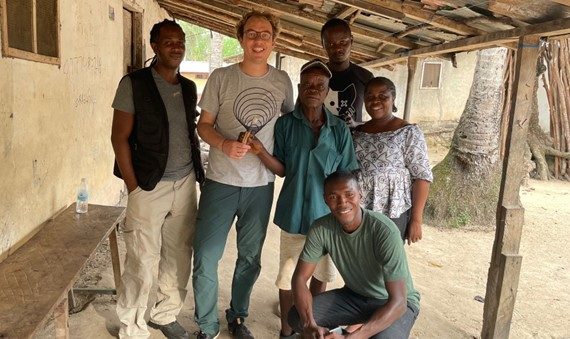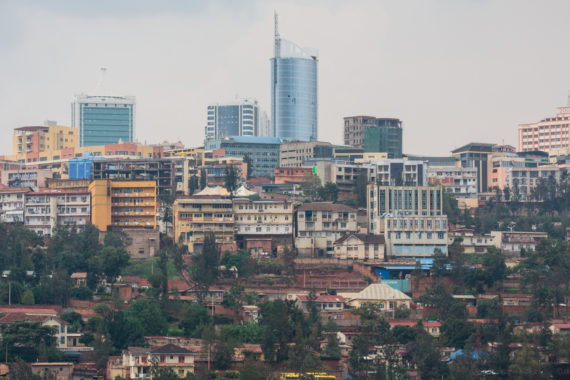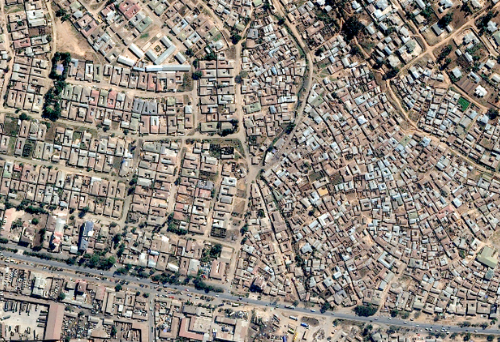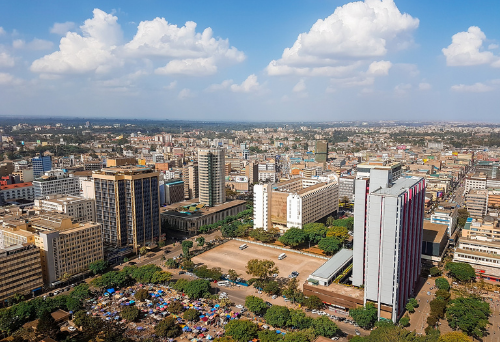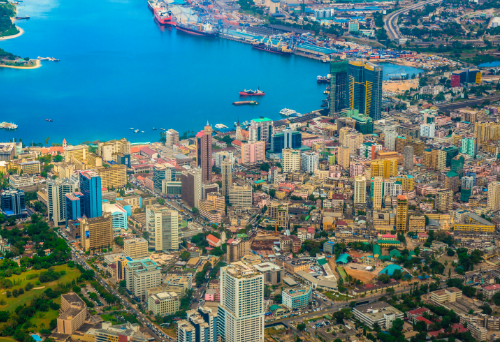Research spotlight: carbon leakage to developing countries
What is carbon leakage, and why does it matter? Julian Marenz (PhD student in Economics, London Business School) joined us to discuss the complex impact of European carbon taxes on developing countries, and the Wheeler Institute for Business and Development research project that is trying to measure it. Tell us more about the research study,…


